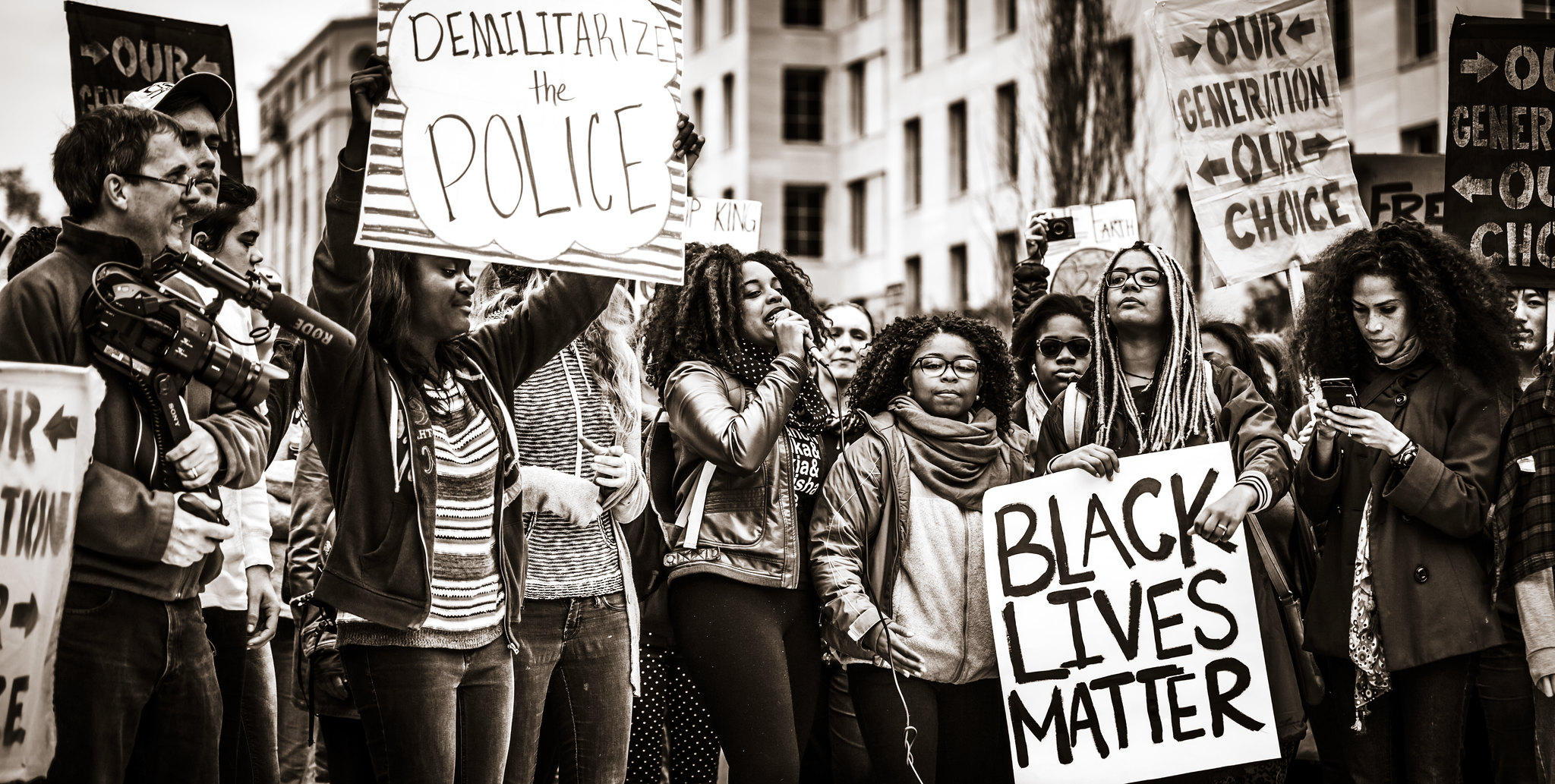A project of the Manship School of Mass Communication, LSU
A project of the Manship School of Mass Communication, LSU

by Mia Moody-Ramirez, Ph.D. [2]
(August 13) - Living with the Covid-19 pandemic has become the “new normal.” Although Americans are longing for a cure, we assume we will eventually have one. At the same time, in the United States we are dealing with another crisis—one that has been ongoing—Systematic Racism. We are not as sure if there will ever be a remedy.
Instances of police brutality have been a constant battle for African Americans for decades.According to the Statista Research Department, during the timeframe of 2017 to 2020, the trend of fatal police shootings in the United States has increased, with a total 506 civilians having been shot—105 of whom were Black.
In 2018, there were 996 fatal police shootings, and in 2019, this figure increased to 1,004. Additionally, as of June 2020, the rate of fatal police shootings among Black Americans was much higher than that for any other ethnicity, standing at 31 fatal shootings per million of the population.
As a side note, Black reporters covering protests are also attacked at a higher rate—they are singled out, shot with rubber bullets and arrested. That’s not OK. As Black people, we should be able to jog in our own neighborhoods. We should be able to go to enter our homes without being shot. We should be able to do our jobs without the fear of dying.
It appears the tipping point for tolerating police brutality/institutional racism against Black people occurred after May 25, 2020, when police officers killed George Floyd. He died when his neck was compressed by Derek Chauvin, a white police officer who placed his knee on Floyd’s neck while he was in handcuffs for approximately nine minutes before he died. His alleged offense—using a counterfeit $20 bill.
We have witnessed an important time in history where we are finally acknowledging and weeding out racist symbols in American culture. Major companies are considering rebranding their products that are perceived as racist. Confederate statues are being demolished. Streets are being renamed Black Lives Matter Avenue/Blvd. The AP Stylebook now capitalizes the letter ‘B’ for Black people. Police departments are being restructured.
As MAC division Head George Daniels stated in his recent email, it is time for us to “do what we do” as MAC division members.
What can you do? I’m glad you asked:
- First of all—vote—and register other people to vote.
- Support Black-owned businesses and causes.
- Organize, plan and/or attend a rally (protect yourself against Covid-19).
- Don’t be afraid to speak up. If you are shy write a letter to your Congress. If you like to talk, speak at a rally.
- Document what is going on in this time in history.If you are a photographer, take photos.
- If you are a poet, write poems.
- If you are a historian, record it for posterity.
- If you are a scholar, research it.
- If you are a journalist, journal it.
- Practice self-care. If you are not well, then you are not going to be able to help other people.
- If you are feeling overwhelmed, reach out to your support system and let them know that you are trying your best but you need help.
In the words of Dr. Martin Luther King Jr. “If you can’t fly then run, if you can’t run then walk, if you can’t walk then crawl, but whatever you do you have to keep moving forward.”
Reminder to all journalists: The Reporters Committee hotline is available if you have legal questions or are told to follow a curfew order. 800-336-4243 or hotline@rcfp.org
[1] This article was originally published in AEJMC Minorities and Communication Division's Summer 2020 newsletter